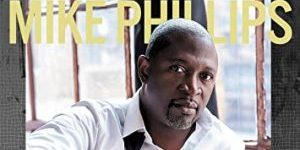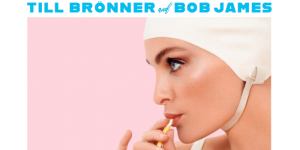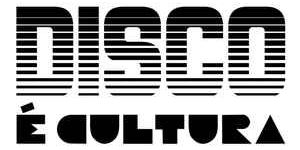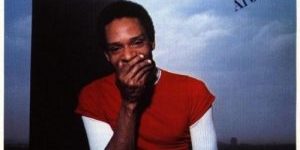Don Cheadle with “Miles Ahead” at 66th Berlinale
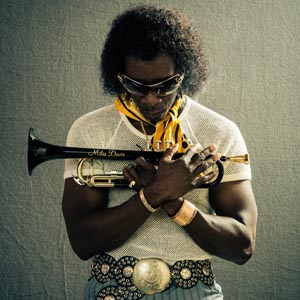
Brian Douglas © Sony Pictures Classics
At the end of “Miles Ahead”, writer, producer and actor Don Cheadle has various artists, both ex-accompanists and the new generation, celebrate a sort of comeback for the trumpet meister: musical director of the movie Robert Glasper, Antonio Sanchez, Esperanza Spalding, Kendrick Scott, Herbie Hancock, and Wayne Shorter all play a short part in this fantasy concert and the final screen text reads: Miles Davis May 26, 1926 – , leaving out the day of his death in 1991 to suggest that his music will live on forever.
This is not your regular biopic anyway. Cheadle tells the story of early 80s Miles when he was hiding away in his New York apartment, looking for the next cocaine blow, not having recorded for about five years. But there is a new tape which both a Rolling Stone reporter (Ewan McGregor in a brilliant role) and the record company people both want to steal. So there is no shortage of car races, shootings, bloody noses, and chaotic scenes. And there are the flashbacks as well: Miles dreaming of his relationship with dancer Frances Taylor (the indescribably beautiful Emayatzy Corinealdi) and his performances at the Village Vanguard, for example. And Cheadle actually resembles Miles more in the late 50s scenes than he does in the newer ones.
You might ascertain that this movie is composed like an improv jazz piece, with all those flashbacks, blurry lines between the today scenes and days gone by, and the impromptu music inputs (many of those from “Sketches Of Spain”). Intended or not, that’s probably the only way to even come close to realizing a biography of such a creative individual.
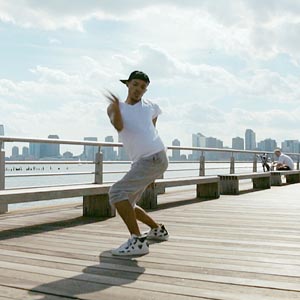
© Naiti Gámez
Creativity is the key word also in Polish director Tomasz Wasilewski‘s competition entry “United States Of Love” about four women in early 90s Poland, between the confines of the church, their work, poverty, and lust. A depressing movie, but with reflective and superb actors. And I was surprised that I liked Gérard Depardieu in the comedy “Saint Amour” about wine-loving France. Too bad that I’m currently drinking none. Elsewhere, I got wonderful and intimate glimpses into the New York kiki scene in “Kiki”, a documentary about the young black LGBT community and their ballroom and vogueing culture, and the isolated Chinese gay and lesbian youth who are thinking about fake marriages because either their father or mother (or both) don’t accept homosexuality and want a child by all means (“Inside The Chinese Closet”).

